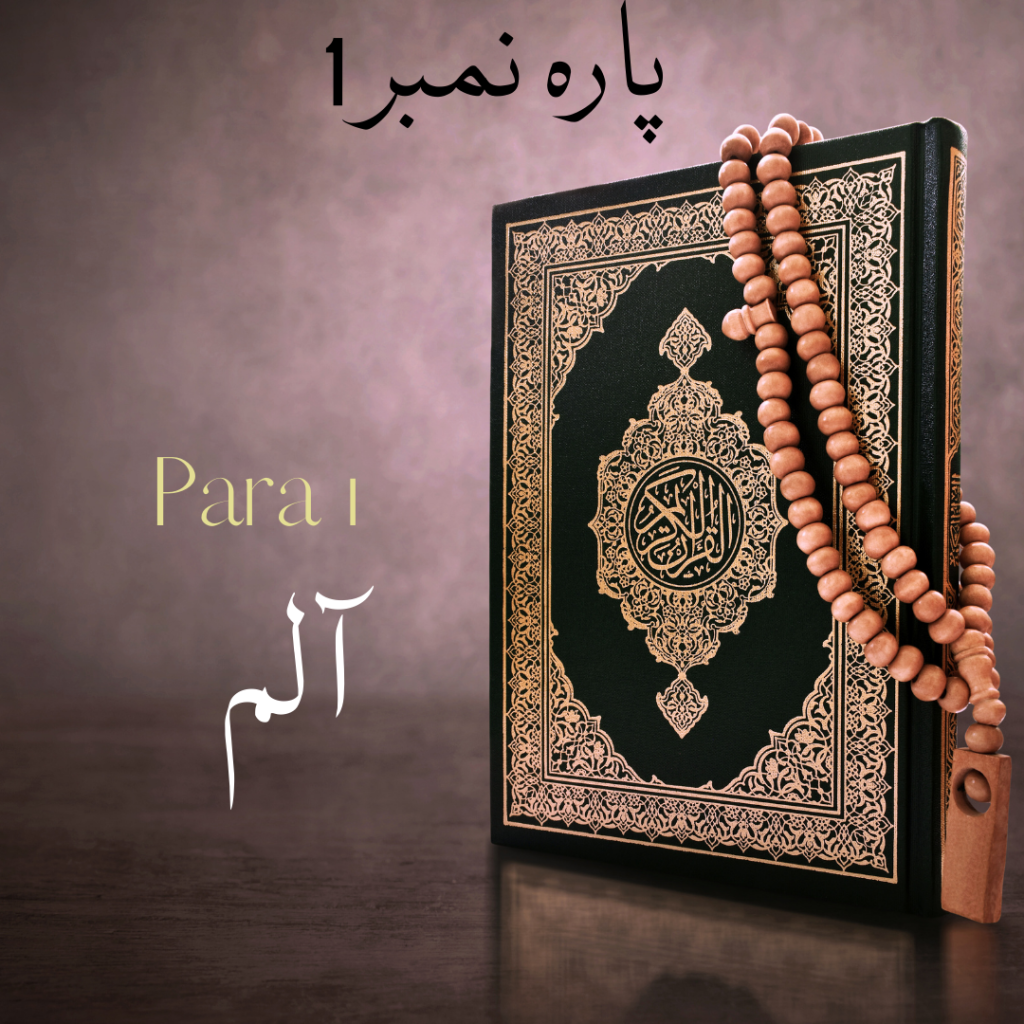Al Quran para 10 read online
Al Quran juz 10 comprises the final 35 verses of Surat al-Anfal and the initial 92 verses of Surat at-Tawbah. “Tawbah” denotes “turning to” and frequently signifies repentance, specifically the act of turning towards God. The last 35 verses of Surah Al-Anfal in 10 juz Quran focus on themes related to warfare, strategy, and the principles of justice in battles. These verses address the conduct of believers during times of conflict, emphasizing courage, discipline, and obedience to authority. They also underscore the importance of maintaining steadfastness and reliance on God’s guidance during trials and tribulations.
Surah tawbah in para 10 of Quran delves into the consequences faced by those who persistently launched aggressive attacks against Islam and the Prophet Muhammad (peace be upon him). Surat at-Tawbah stands out as the sole chapter in the Qur’an that does not commence with “Bismillahir Rahmanir Rahim.” In Holy Quran para 10 full this chapter also recounts numerous trials faced by Muslims following the conquest of Mecca, prompting reflection on our connection with Allah (swt) and the situations in which we are prepared to obey Him (swt).
Juz 10 summary
In 10 para Quran, there are two Surahs:
- The remainder of Surah Al-Anfal
- The initial part of Surah At-Tawbah
The remaining portion of Surah al Anfal juz 10 contains five topics:
1. Ruling regarding spoils of war
2. Circumstances of the Battle of Badr
3. Four causes of Allah’s support
4. Directives concerning warfare
5. Virtues of migration and victory
Ruling regarding spoils of war
Juz 10 Surah Anfal verse 41 explains how to fairly share the goods captured in battle among the believers. It sets out clear rules for dividing up the spoils of war so everyone gets their fair share.The ruling regarding spoils of war clarifies that one-fifth (Khums) of the spoils is allocated for the Prophet (peace be upon him), his relatives, orphans, needy, and travelers, while the remaining four parts are for the Mujahideen.
اور جان لو کہ تم جو مالِ غنیمت حاصل کرو تو اس کا پانچواں حصہ خاص اللہ کے لئے اور رسول کے لئے اور (رسول کے) رشتے داروں کیلئے اور یتیموں اور مسکینوں اور مسافروں کے لئے ہے، اگر تم اللہ پر اور اس پر ایمان رکھتے ہو جو ہم نے اپنے خاص بندے پر فیصلہ کے دن اتارا جس دن دونوں فوجیں آمنے سامنے ہوئی تھیں اور اللہ ہر شے پر قادر ہے۔
Circumstances of the Battle of Badr
(1) The disbelievers underestimated the Muslims, and vice versa, as the occurrence of this battle was decreed by Allah.
(2) Shaitaan adorned the actions of the polytheists before them, but fled during the actual battle, while angels descended from the heavens to aid the Muslims.
(3) The Quraysh faced humiliation and defeat in the Battle of Badr.
Four causes of Allah’s support
Quran Sharif para 10,Surat Anfal describes the causes of Allah’s support for Muslims.
- Steadfastness on the battlefield.
- Frequent remembrance of Allah.
- Avoidance of discord and conflict amongst yourselves.
- Patience during unfavorable circumstances.
Directives concerning warfare
- Maintain comprehensive readiness—material, military, and spiritual—to confront enemies.
- If the disbelievers incline towards peace, then accept it.
Virtues of migration and victory
- The Muhajirun and Ansar are true believers.
- Forgiveness of sins.
- The promise of generous sustenance.
The initial portion of Surah At-Tawbah in 10 para Quran Sharif includes two points:
Jihad against the polytheists and People of the Book
- Declaration of disassociation from the polytheists with whom treaties were made.
- Prohibition of the polytheists from the pilgrimage to the House of Allah (Kaaba).
- Permission granted for combat against the People of the Book.
Distinction between the sincere believers and the hypocrites
Surah Tawbah in the Holy Quran para no 10 describes the difference between believers and hypocrites. The fundamental aspect distinguishing between the hypocrites and the believers was the expedition of Tabuk, the confrontation with the Romans who were a formidable force at the time, and the circumstances of extreme heat and poverty. Except for a few, most Muslims participated, while the hypocrites began to fabricate excuses. Until the end of this section, condemnation of the hypocrites is emphasized, to the extent that it is stated that even if the Prophet seeks forgiveness for them seventy times, Allah will not forgive them. Moreover, if any of them were to pass away, the Prophet is instructed not to perform their funeral prayer. Additionally, mention is made of those Muslims who were unable to participate in this expedition due to legitimate reasons.

